
As with any supplement, you may wonder what Ormus tastes like before trying it out. Monatomic Orme has a subtle and pleasant flavour, which many users will find almost undetectable. So why is there so much discussion about the taste of monatomic elements? Many elements have a flavour related to the process that made them; […]

A detox is a way of eliminating toxins from your body. “Toxins” are any unnatural chemicals, processed ingredients, pollutants, and heavy metals, all of which can negatively impact health over time. Detoxes take many forms, but they have one thing in common: eliminating bad habits, improving and sustaining good ones, and replenishing the body with […]
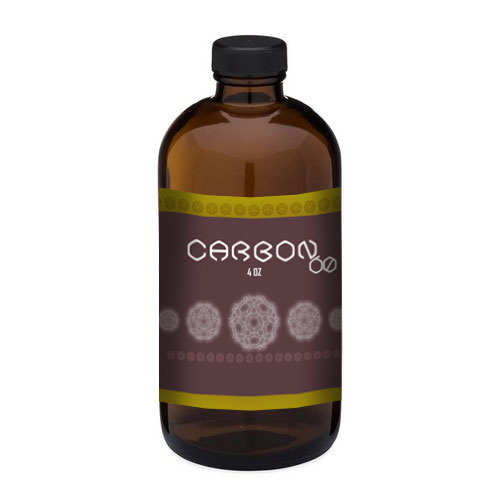
Carbon 60 has a unique structure and interesting physical properties: it is chemically inert, physically inactive, and not soluble in water. But the mere existence of this molecule, where they come from, and their powerful effects on the body have long stymied scientists. Research suggests that Carbon 60 played an important role in the creation […]

This time of year (especially this year), people are often looking to supplement their diets to enhance their immunity. These supplements must give your body a helping hand at the tiniest level possible to make it through the cold and flu season healthy and well. Your body’s immune system can get a much-needed boost by […]
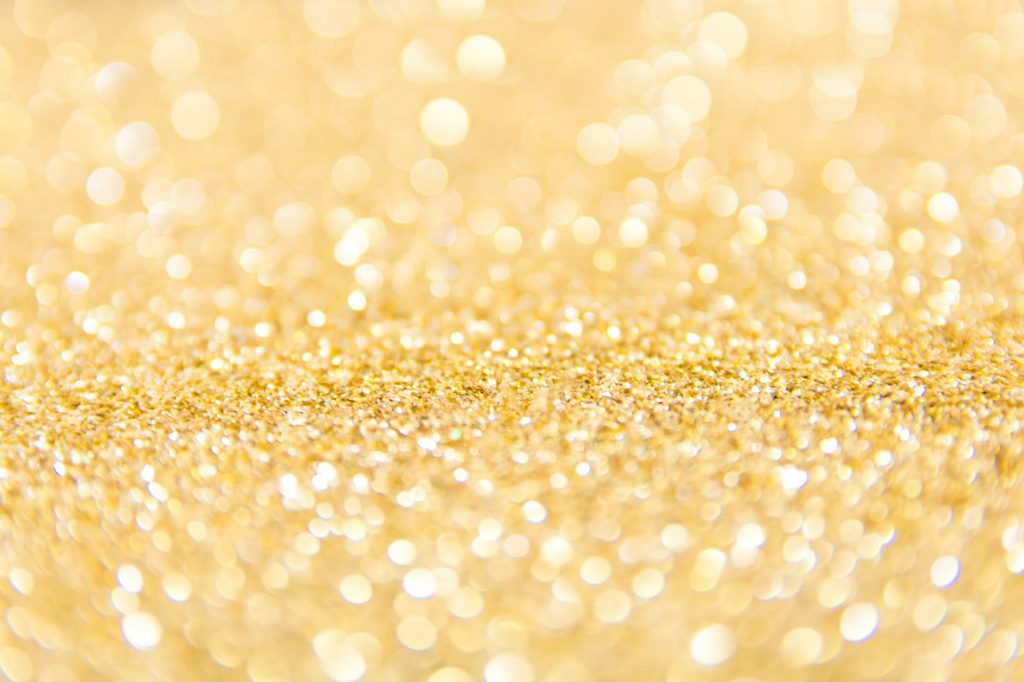
Many users think that monatomic gold and other elements can only be made through alchemy, but this isn’t the whole story. These important particles are found all around us, including the plants we eat! Research shows that certain herbs are excellent sources of Monatomic Gold, including many popular supplements and remedies. Your favourite or new […]
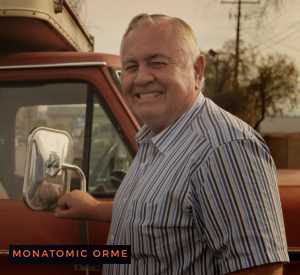
There are many different ways to describe monatomic elements: “M-state,” “ORMEs,” and “Ormus” are all interchangeable and frequently used by alchemists. “M-state” describes the new form this matter takes, and how a precious metal becomes something completely different through alchemy.
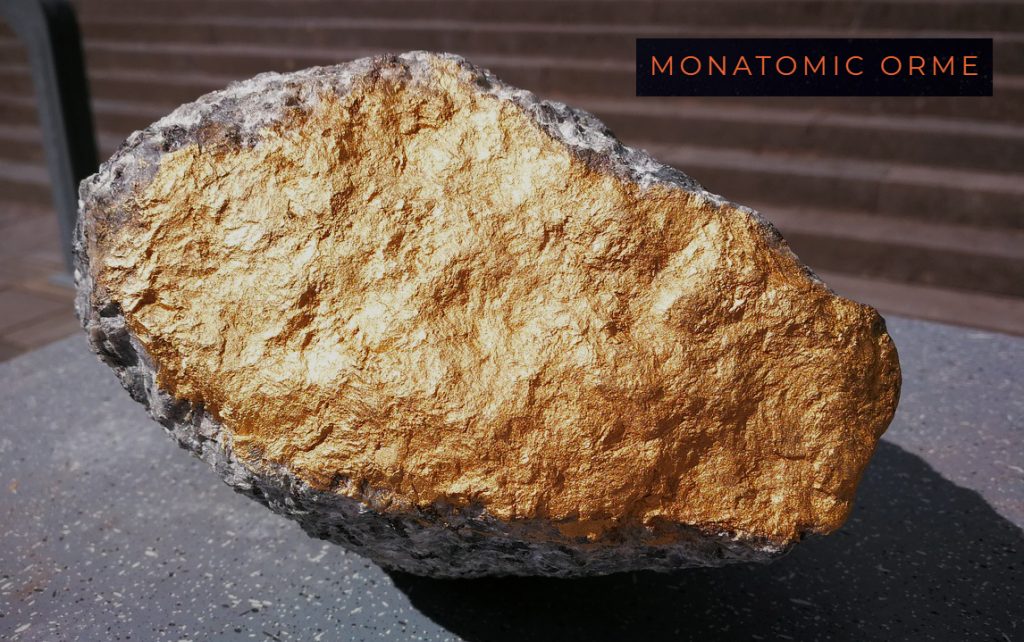
A universal elixir is a substance that was long sought after by alchemists. Also called the Elixir of Life, it was supposed to cure all diseases and grant the user renewed youth. Along with turning non-precious elements into gold, discovering a universal elixir was the major quest for alchemists throughout history.

Throughout history, monatomic elements and their closest approximations have gone through many different names: manna, White Gold, the Philosopher’s Stone, etc. “Monatomic” is a name we can give it because we now know how elements are constructed, but another ancient name has stuck for these elements, particularly Monatomic Gold: Starfire.
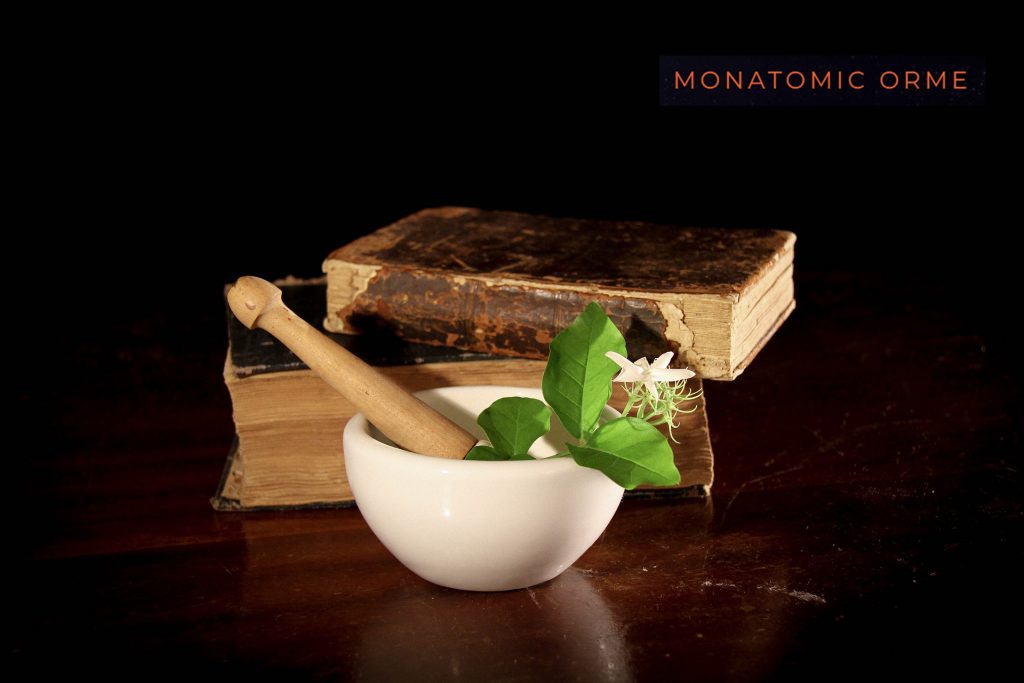
Alchemy is a long tradition of science combined with philosophy beliefs that goes back to ancient civilizations. It started with people exploring the elements of nature through thought, religion, and experimentation. But does the subject have an inventor?
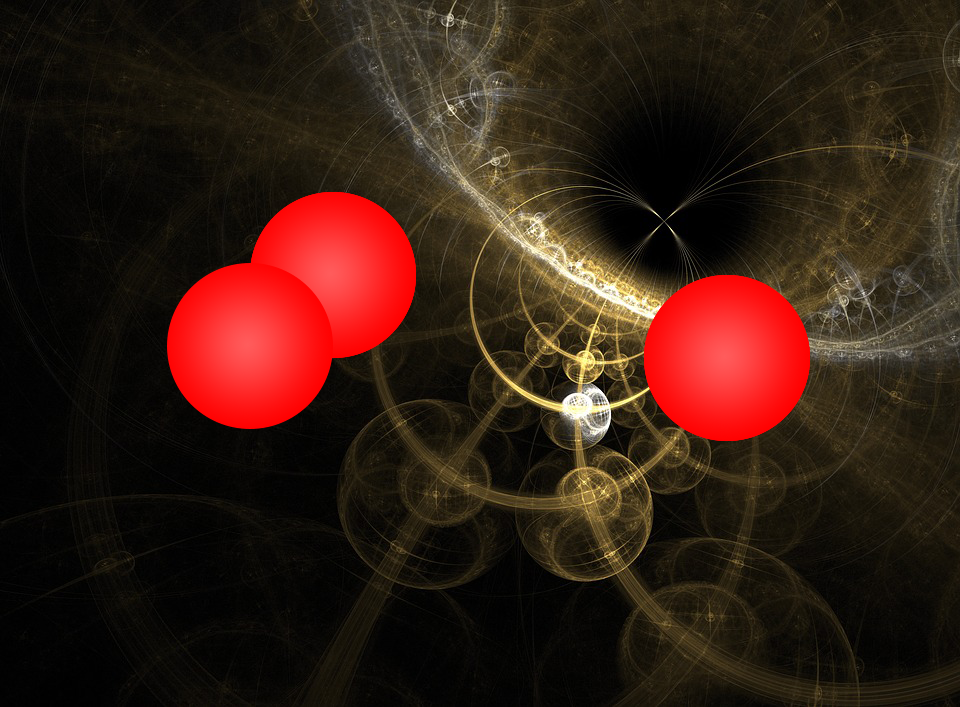
You might wonder, “What is the difference between diatomic and monatomic molecules, and why does it matter”? Strong bonds make elements like gold and silver the metals we know them to be. At their smallest, these bonds create particles known as diatomic molecules. A diatomic molecule is either made up of two of the same […]
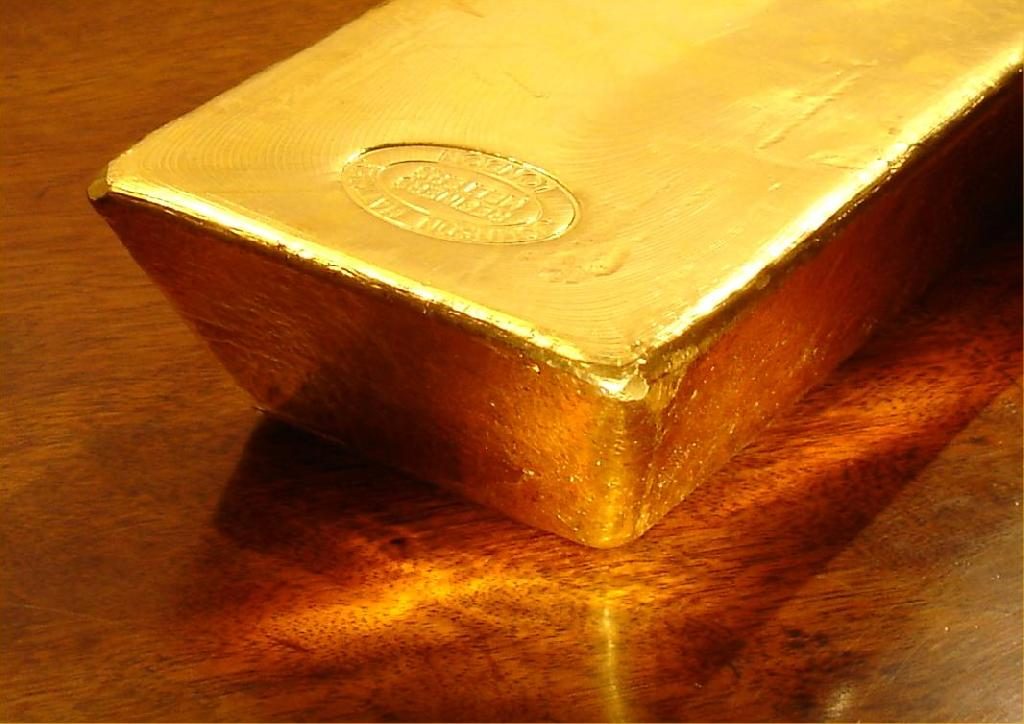
When researching monatomic elements, you’ve probably seen the term “M-state”. Without context, this can be a bit confusing, but it’s an easy concept to grasp. The “M” in M-state stands for “monatomic”, because the “monatomic state” is the state of atomic isolation. “M-state elements” is a term that can be used interchangeably with monatomic elements, […]
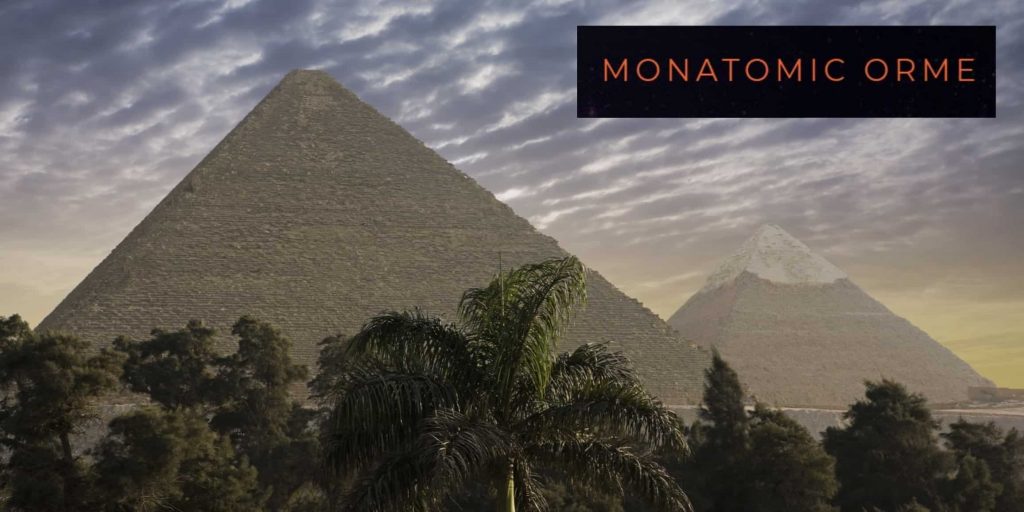
Knowing what the ancients discovered about elements is difficult. We can decipher ancient texts, but only a fraction of what they truly knew made it to the present day. Most of what they knew wasn’t transcribed, and what was set in papyrus, stone tablets, or manuscripts either crumbled with age or was intentionally destroyed. But […]











